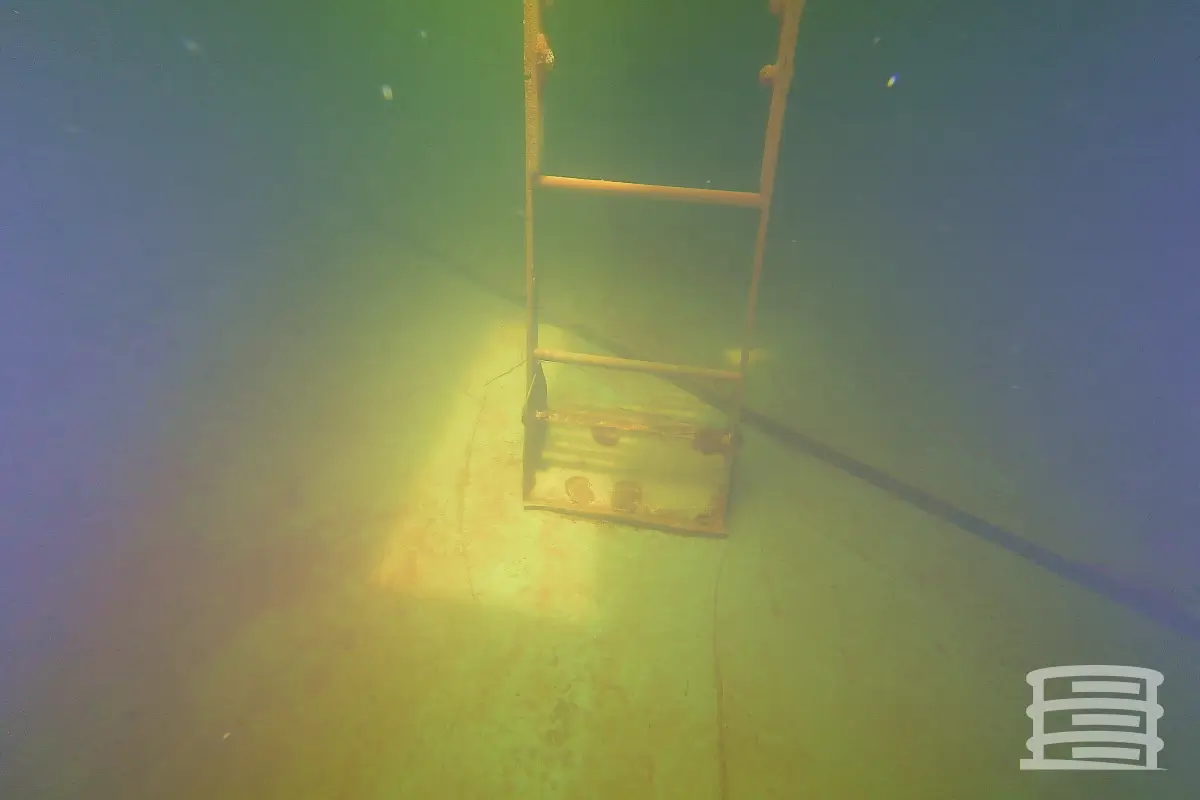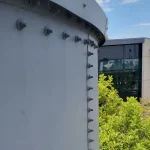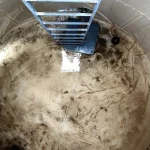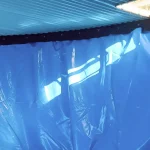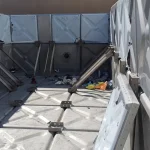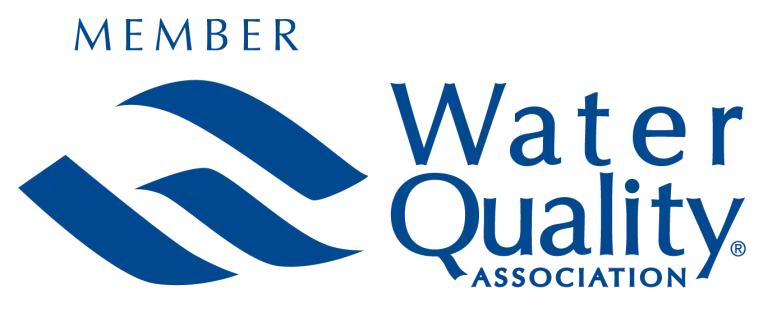Concerned about the safety of your panel tanks? Wondering if they meet national regulations? You’re not alone!
The National Fire Protection Association (NFPA) is a trusted resource for public safety standards, including panel tanks used to store water, oil, and chemicals. This non-profit organization develops guidelines to help ensure safety, and one of their key areas of focus is panel tank inspections.
Good news! Thanks to underwater drone camera technology, inspections are becoming faster and more affordable. But for the most accurate and safe inspections, the NFPA has established guidelines specifically for using underwater drones in panel tanks. Read on to learn more about these essential guidelines!
What is National Fire Protection Association
The National Fire Protection Association (NFPA) is a nonprofit organization founded in 1896 with the goal of minimizing the global impact of fire and other hazards on quality of life. Its mission includes advancing consensus standards, conducting research, providing training, and offering education. Based in Quincy, Massachusetts, the NFPA serves as a foremost authority on fire, electrical, and building safety, providing resources for both the public and professionals.
The NFPA has developed and released over 300 consensus codes and standards, encompassing areas such as the National Electrical Code, NFPA 70E for workplace electrical safety, and NFPA 101 for life safety. These regulations and standards are critical for guiding the planning, installation, upkeep, and inspection of fire protection, life safety, and electrical systems across diverse industries.
Additionally, the NFPA conducts training, education programs, and outreach initiatives to promote the adoption of its codes and standards and to increase awareness of fire and electrical safety risks.
Why it’s Important to Comply with National Fire Protection Association (NFPA) Standards when Inspecting Your Panel Tanks?
Adhering to the standards established by the National Fire Protection Association (NFPA) is essential for maintaining the safety and structural soundness of panel tanks through regular inspections. These standards guarantee that tank inspections are carried out safely and reliably, thereby minimizing the risk of accidents and environmental hazards.
NFPA guidelines for panel tank inspections encompass critical elements, including the qualifications of inspectors, the use of appropriate equipment, and the prescribed inspection protocols. For instance, inspectors must possess adequate training and expertise specific to the type of panel tank being inspected, as stipulated by NFPA protocols. Moreover, inspection equipment must meet stringent standards for accuracy and dependability.
By adhering to NFPA standards, organizations can ensure that their panel tanks undergo thorough and consistent inspections, offering valuable insights into the tank’s condition and identifying any necessary maintenance or repairs. The adoption of underwater drone technology, recommended under NFPA guidelines, provides additional advantages such as increased efficiency, cost-effectiveness, and enhanced safety for inspectors during the inspection process.
When should You Schedule a Panel Tank Inspection?
There are several signs that indicate it might be time to conduct a panel tank inspection:
- Tank Age Regular inspections are crucial to maintain the safety and functionality of panel tanks, which have a finite lifespan. As these tanks age, they become more vulnerable to corrosion and other types of deterioration that can compromise their structural integrity. Regular inspections help identify and address issues promptly before they escalate, thereby prolonging the tank’s lifespan and ensuring continued reliability for storing liquids such as water, oil, and chemicals.
- Changes in Liquid Level Significant fluctuations in the liquid level within FRP panel tanks may indicate the presence of a leak or underlying issues that need attention.
- Visual Inspection. Inspecting the panel tank visually can reveal indications of corrosion, cracks, or other concerns that may necessitate additional inspection and maintenance.
- Environmental Changes. Modifications in the nearby surroundings, such as construction or excavation work, can increase the likelihood of damage to the panel tank, necessitating an inspection.
- Routine Maintenance. Panel tanks should undergo periodic inspections as part of a scheduled maintenance regimen, regardless of visible signs of deterioration or other apparent issues.
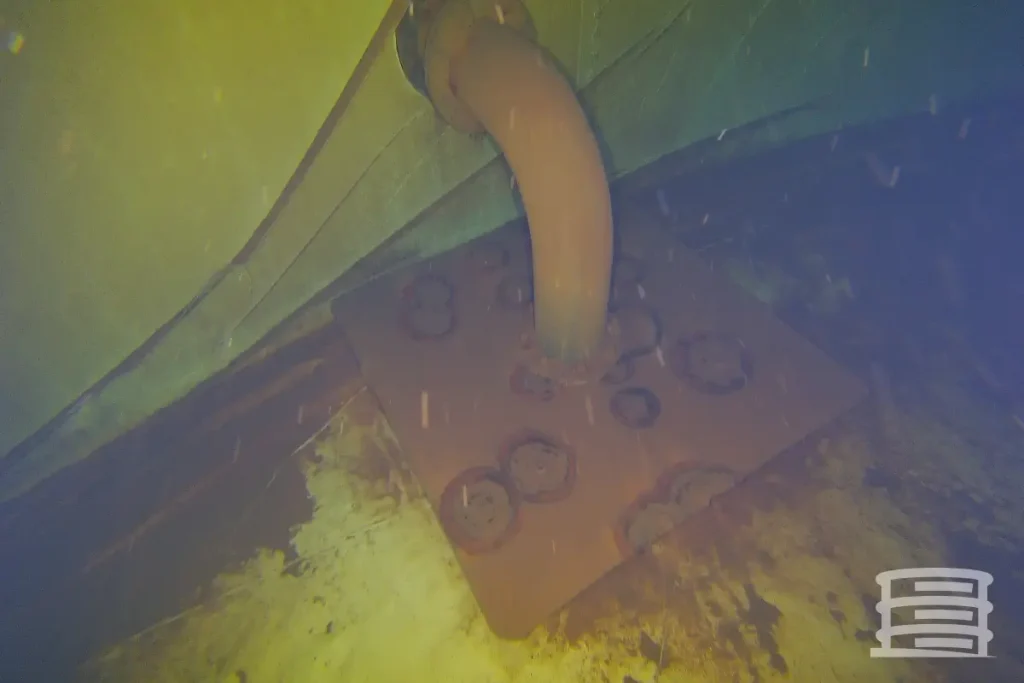
Choosing a Trusted Service for Panel Tank Inspections
Panel tank inspections are crucial for ensuring the safety and integrity of these structures.
Engaging a dependable service provider for inspections offers numerous advantages:
- Safety. Experienced service providers possess the expertise and equipment to conduct inspections safely, reducing the likelihood of accidents and environmental risks.
- Longevity. Experienced service providers perform thorough and precise inspections, providing insights into the condition of the panel tank and identifying any necessary repairs or maintenance.
- Cost Efficiency. Regular inspections facilitate early detection and resolution of panel tank issues, preventing them from escalating. This proactive approach helps organizations save money over time by minimizing the need for extensive repairs or replacements.
Looking for Quality Panel Tank Inspection Services Nearby?
Call NFPA 25 Inspections by American Tanks at +1 800 656 0167
Or email at info@nfpa25inspections.com
